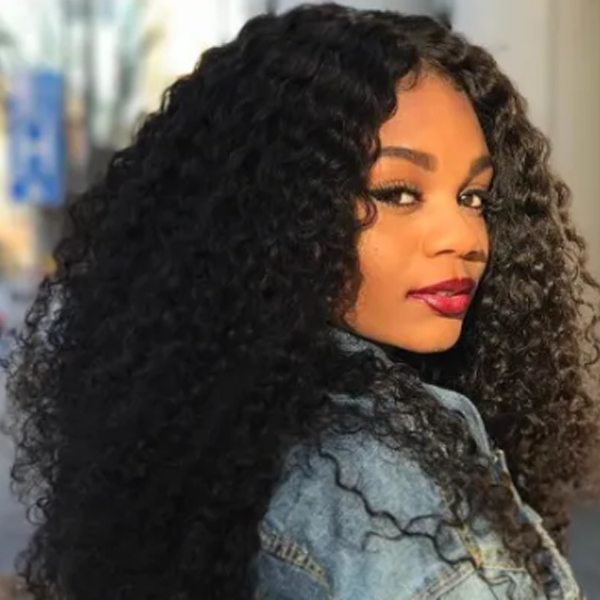Do you have an oily scalp and dry damaged hair ends? Not sure what you can do to help rebalance your hair? If you’re suffering from this frustrating problem, how to treat your hair can seem like a challenge. Well, it may help to remember that you are not alone, as this is common for many people. Understanding the underlying cause of this condition can help you treat the condition. We’ve put together everything you need to know to deal with these types of hair problems.
How To Tell If You Have An Oily Scalp And Dry Ends?
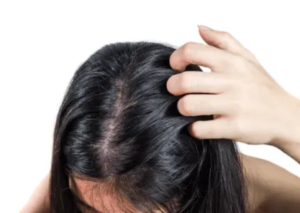
If you often feel greasy on your scalp and see excess sebum, brittle, damaged, or cracked scalp within 1 to 2 days of washing your hair, you have an oily scalp and your hair is most likely a combination type of hair.
Many people who have dyed hair are particularly susceptible because bleach removes the hair’s natural oils and helps keep it soft and hydrated.
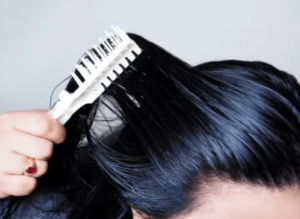
On the other hand, if you find that your hair starts to get greasy at the roots relatively quickly (within 1 to 2 days), feels damaged, and is prone to split ends, you may have the same problem. We know what you’re thinking: how to solve both problems at the same time? With some tips and tricks from the experts, you can help rebalance your hair and improve its overall health over time.
What Causes The Oily Scalp And Dry Ends?
While the root cause of an oily scalp occurs due to the overproduction of sebum oil, the causes of excess sebum oil can be multifactorial. We have listed some of the main factors that cause oily scalp.
1. Eczema/Psoriasis
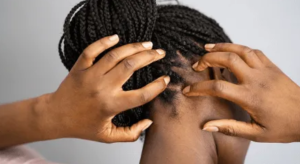
While various skin conditions can cause an oily scalp, two well-known skin conditions are eczema and psoriasis. In both cases, your scalp will turn scaly and red. Your hair roots look very greasy. Your scalp may feel waxy or even blistered.
2. Genetics
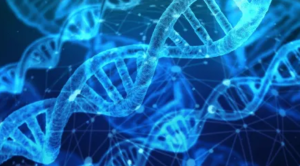
Your genes determine most of your physical characteristics. If your family has similar characteristics, you may get an oily scalp. Your genes may also affect the texture and thickness of your hair. People with thin hair are more prone to oily scalps and dry hair.
3. Acne
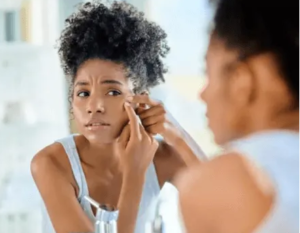
Many of you have probably experienced acne on your forehead. While forehead acne isn’t the cause of an oily scalp, it’s a sign that your scalp is producing extra sebum oil. Red, itchy bumps appear when sebum oil gets trapped inside the pores of the skin.
4. Overwash
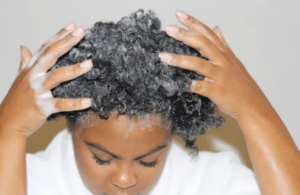
Excessive washing can lead to dry hair. Using shampoo every day is not good for hair. While shampoo can cleanse the scalp and properly remove dirt and dust, overwashing can be harmful. It strips the natural oils from your hair, leaving your hair dry and frizzy.
5. Heating tools
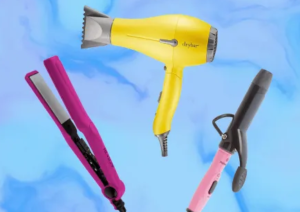
Using heated hair tools to style hair is very common these days. But no matter how pretty you look at the look, the impact of the tool is never good. It can damage the hair, making it more prone to breakage and drying.
6. Weather conditions
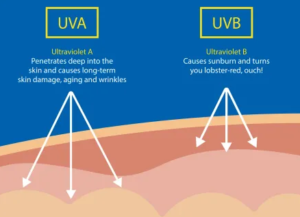
Extreme weather conditions can also have a strong effect on hair. Too hot or too cold can make your hair dry and brittle. And extreme exposure to UVA and UVB rays can affect your hair and make it extremely dry. Sunlight breaks down your cuticle, which is the outer layer of your hair shaft. This can lead to discoloration and dryness of the hair.
How To Control The Oily Scalp And Dry Ends?
♦ Start by knowing your hair so you can understand what your hair requires. Once you understand exactly what your hair needs, you’re halfway to the hair problem.
♦ Choose a hair product that suits your hair combination. Make sure the shampoo and conditioner are suitable for both oily scalp and dry hair.

♦ Avoid products containing harmful ingredients such as parabens, silicone, synthetic fragrances, sulfates, coal tar, etc. Try to buy products made from natural ingredients and natural oils. Regardless of your hair type, natural products will always help keep your hair healthy.
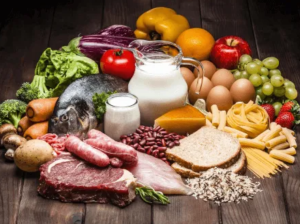
♦ Get a better diet to maintain your overall health. If you are mentally healthy, it will naturally boost your hair growth and solve most problems. Add protein-rich foods. Also, make sure you have zinc, magnesium, and biotin in your daily diet for soft hair.
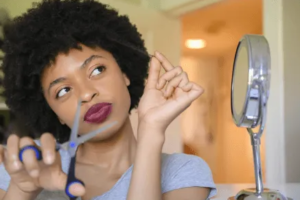
♦ When you feel that your hair is damaged and cannot be treated with the product, please do not hesitate to get your hair trimmed. Don’t forget to use a scalp scrub regularly to exfoliate your scalp to remove dead skin cells, excess sebum oil, and, dirt.
How To Take Care Of Your Oily Scalp And Dry Ends?
1. Brush your hair regularly
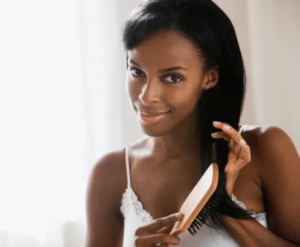
Many people think that brushing oily hair can cause damage, but that’s not the case. If you’ve brushed against an oily scalp, it may help distribute the natural oils evenly throughout your hair. Experts suggest that you should brush your hair continuously when combing your hair. It will help you distribute the oils from your scalp to your locks.
2. Wash your hair properly
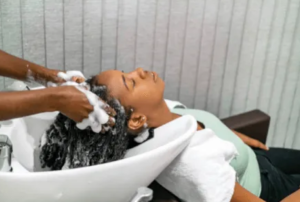
If you wash your hair every day because of an oily scalp, then you probably only want to wash your hair where you need it. This way your dry hair won’t get drier from overwashing. Since over-washing can cause serious damage, you can use dry shampoo instead. Dry shampoo can cleanse and add volume to your hair.
3. Avoid hot tools
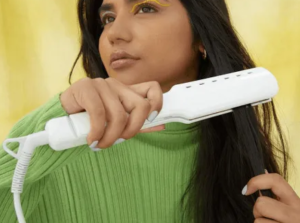
Massage your hair with hair oil to retain moisture, which is especially effective on your dry strands. Avoid using heated tools such as straighteners, curling irons, or blow dryers.
Conclusion
Are you still troubled by an oily scalp and dry hair ends? Did you gain anything after reading this article? For your health and beauty, please be kind to yourself. Change starts with caring for your scalp! If you found this article helpful, please share it with those around you. If you have any questions or confusion, we sincerely welcome you to leave a comment!

